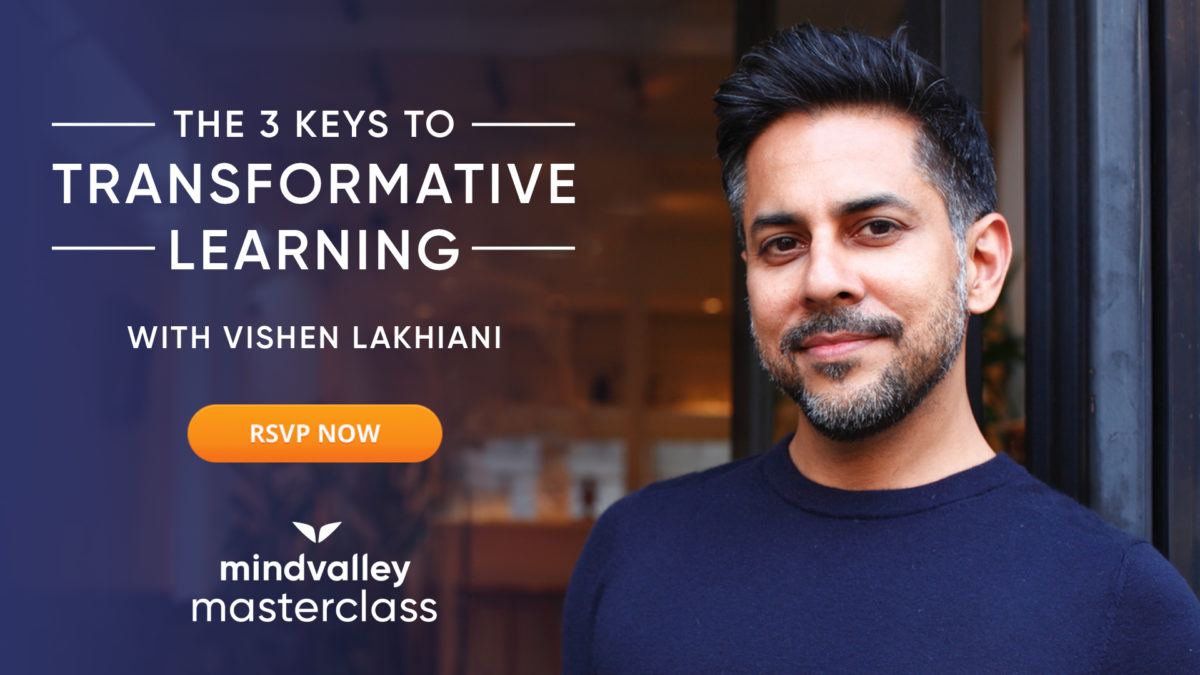Falling in love is possibly one of the nicest feelings you can experience – no matter how old you are. It has the capacity to make even the most sensible man or woman regress back to giggly adolescent behavior, minus the pimples and the fake ID.
However, there comes a time in every relationship when “hot Friday date night” just becomes a normal night with your partner, especially if the first few months have rolled into years.
It’s only natural that the shine fades as careers, children and everyday life takes hold and you really get to know each other. And I mean really get to know each other.
Perhaps your beloved boyfriend’s singing in the morning, which once used to make you smile as you woke from your loved-up slumber, now makes you want to throw a pillow, or a much harder object in his direction.
Or maybe your wife’s culture means that she has stronger family responsibilities than you do, which, as anyone who has experienced will confirm – can test even the strongest of relationships.
The fact is, no matter how loving or passionate your relationship is – there will always be differences between you that will cause conflict. Therefore, dealing with this conflict in the right way will lead to a long-lasting healthy relationship.
Of course overlooking your partners little idiosyncrasies and learning how to have healthy conflict isn’t always easy. We’re human after all. Although, if you master this skill, you’re on the right path to having a successful and deeply-connected relationship.
One way to learn how to find beauty in the flaws and imperfections of your partner is through the ancient Japanese practice, Wabi Sabi.
Arielle Ford author of Wabi Sabi Love, explains:
“In Wabi Sabi Love (and marriage), you learn to shift your perspective around the things that might frustrate or annoy you. When you practice Wabi Sabi love you become willing to see your mate’s behavior through a new, gentler, and kinder lens.”
We come from an era where if something is broken, we tend to replace it rather than fix it. Wabi Sabi love is about learning to deal with the flaws in your relationship and accepting your partner as being human (so Clark Kent, look away). No one is perfect – harboring the belief that your relationship should be flawless is an unrealistic expectation, which will lead to disappointment, and as recent studies below have shown – will also damage your health.
Is your relationship costing you your health?
As we all know, an unhappy relationship can have a knock-on effect to other areas of your life. It’s not surprising then that stress caused from a destructive relationship is bad for your health, too.
Recent studies have confirmed that an unhappy relationship can lead to everything from depression to heart problems and high blood pressure.
One study even concluded that a bad marriage is as toxic for your health as smoking. While most of us are health conscious enough not to allow smoking in our homes, we remain oblivious to some of the other toxins we’re letting in.
To help you deal with conflict healthfully, Arielle has provided some Wabi Sabi tips:
- Try to fight fairly and openly. According to research at the University of Utah, the emotional tone of your fights really matters. For women, even small signs of affection, like a gentle touch or term of endearment (as in, “Honey, stop being such a nag!”), allows wives to process their husband’s anger in a way that doesn’t damage heart health. For men, heart health was jeopardized when fights turned into battles for control.
- Have a little laugh. Chances are, for every time he’s put your delicates in the dryer, you’ve misplaced the car keys. Remember, too, that he was trying to take care of you by helping with the laundry.
- Pause before you drip, drip, drip. Constantly subjecting your spouse to negative comments, insults and criticism puts both of your health at risk.
Therefore, next time you feel your temperature rising because your partner has put food scraps into the kitchen bin without putting a bag in first, try turning your annoyance around. Were they rushing to take the rubbish out and get dinner on before you got home with the kids?
Or perhaps there’s a less virtuous reason for their minor wrong doing – nonetheless, dealing with these issues constructively and learning to accept each other as human beings allows for a deeper, healthier connection.
After all, isn’t this what we’re all looking for?
Most people think that learning is the key to self-development.
It’s how we were raised – when we were young, we studied algebra, read history, and memorized the names of elements on the periodic table.But once you grow up and experience life, you realize that you can’t ‘learn’ certain things – like personal growth.
Vishen Lakhiani, founder of Mindvalley and New York Times Bestselling author, discovered that the key to self-development was not to ‘learn’, but rather, to ‘transform’.
If You Want To ‘Transform’ And Are Ready To Accelerate Your Own Personal Growth, Then Join Vishen Lakhiani's FREE Masterclass, Where You’ll Learn:
✅ The Framework For Flow: The 3 Big Pillars of Life which will help you to rapidly grow on autopilot, so personal development happens naturally.
✅ How you can harness the energy surrounding you to automatically attract the tools you need to unlock your true potential, allowing you to easily make transformative shifts in your life.
✅ Apply the #1 principle to eliminate obstacles in your life, and subsequently show up as your best self and make a positive impact on the world.
Discover The Proven Framework for Extraordinary Transformation and a Brand New You in 2020








